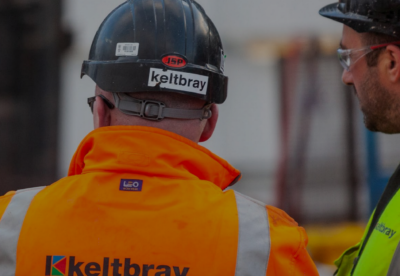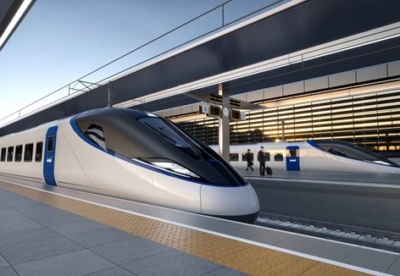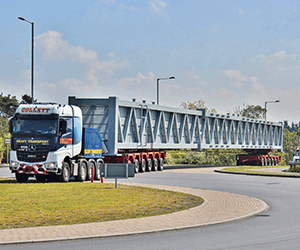The scheme came into effect last June on the busiest parts of London’s road network and is the first of its kind in the.
All main utility companies have now also signed up to the use of rapid drying materials which also helped to save 2,700 days of disruption across London.
Mayor of London, Boris Johnson, said: “Lane rental is all about using the limited road space within our streets as effectively as possible and, as we predicted, it is proving successful.
‘Disruption is down, the vast majority of works are now done outside of peak hours and an impressive range of new-fangled techniques are now being used to minimise the impact on London’s roads users.”
As part of TfL’s work to develop a lane rental scheme, several techniques to cut disruption have been developed by the Transport Research Laboratory, funded by revenue raised through the lane rental scheme.
These include advanced underground mapping techniques and ‘key hole surgery’ to maintain utility pipes whilst avoiding the need to completely dig up the road surface, new plating and bridging systems over openings in the carriageway, temporary backfill materials for trenches and the use of rapid drying materials for quicker reinstatement of the carriageway following works.
New time-saving techniques
Southern Gas Network is using ‘key hole surgery’ Core and Vac technology to cut the number and size of excavations needed at work sites. This has, for example, allowed works in Peckham road to be completed in two days when they would have otherwise have taken six.
Thames Water undertook works to repair a leaking water main on a major traffic pinch point near Finsbury Park station using rapid cure concrete, vastly cutting the number of days needed to complete the work
An innovative new ‘Pipe Puller’ was used in Enfield to replace old lead residential water supply pipes. The operation only required a minor excavation at each end of the pipe to be replaced rather than traditional trench excavation along the entire length of the pipe run, cutting disruption.
Garrett Emmerson, chief operating officer for Surface Transport at TfL, said: “Our continuing work with the utility industry has already seen disruption caused by roadworks fall dramatically in recent years.
“By adopting more innovation and world-leading technologies, we can continue to reduce disruption and keep all road users on London’s road network moving.’

 (590 × 200px) - Dec 24.gif)













































.gif)







 MPU 300_250px.gif)

